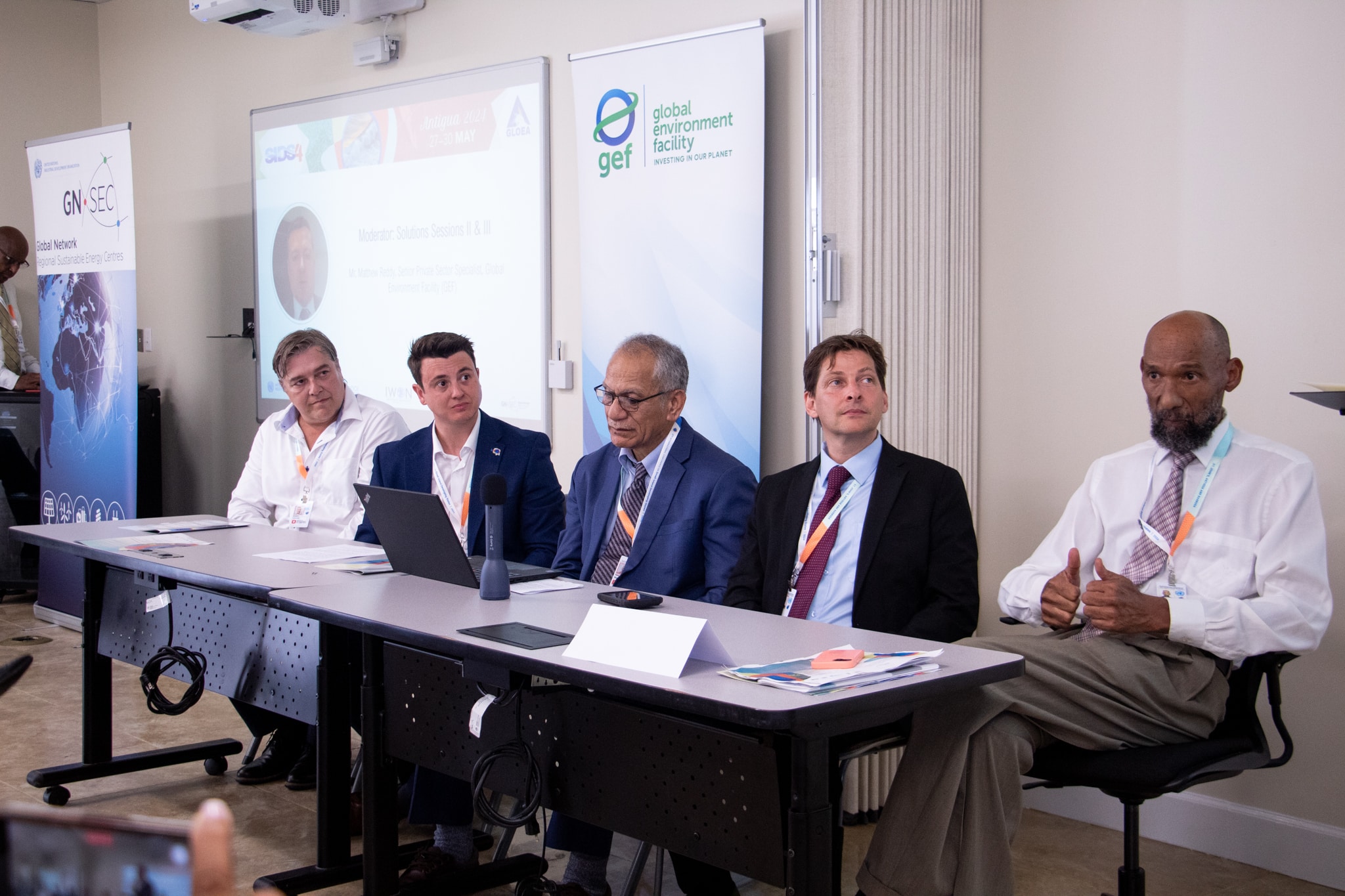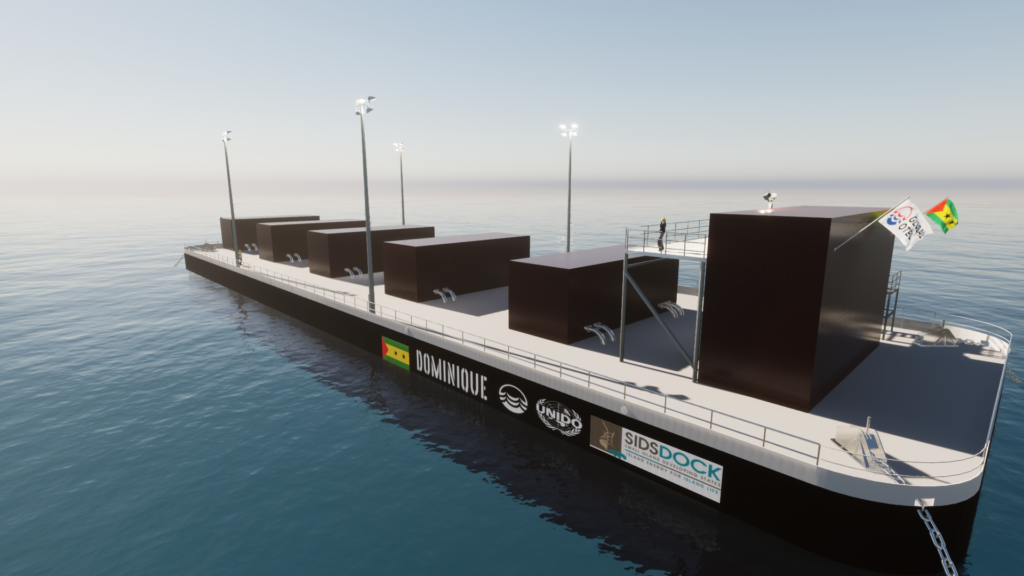
Vision: for tropical islands and coastal cities to be able to access cheap, clean and secure energy by replacing fossil fuels with Ocean Thermal Energy Conversion (OTEC)
Tropical islands face some of the world’s highest energy costs due to their imported fossil fuel dependency. As oil prices continue to increase, the situation is reaching a breaking point.
Diesel is expensive, environmentally harmful and weakens the energy security of nations dependent on it. Conventional renewables alone – such as solar, wind and hydro – do not provide the complete answer. For example, solar requires land and is intermittent, while hydroelectricity can be disrupted by droughts – which are increasing in our changing climate.
Island people are being left behind – remaining dependent on diesel imports for over 90% of their power. At Global OTEC, we believe it’s not right that geopolitical events increase poverty on island nations on the other side of the world. We must break this devastating cycle. Through innovation and partnerships, we can prevent the 50 million people who live on tropical islands from having to seek refuge because island life has become untenable.
Offer an environmentally friendly alternative to fossil fuel baseload power: cutting gigatons of CO2 emissions when deployed at scale
Produce power 24 hours a day, 365 days a year
Undercut diesel costs by 25% to 50%
Give islands a stable, 30-year price point for electricity generation
Require 1/10th of the space needed by solar plants
Based offshore, protecting important ecosystems on land and not competing with agriculture and infrastructure
Free up funding that is spent subsidising fossil fuels for more urgent climate mitigation and adaptation projects
Help Small Island Developing States and least developed countries achieve their SDGs
Ocean Thermal Energy Conversion – OTEC for short – can use the ocean like a battery to harness untapped wealth to create renewable electricity. It uses solar heat energy absorbed by the ocean and has no need for oil, gas or coal. OTEC can reduce costs and stabilise the price of electricity, reducing the frequency of blackouts and preventing economic shocks from political events while helping small island nations meet the UN’s Sustainable Development Goals.
